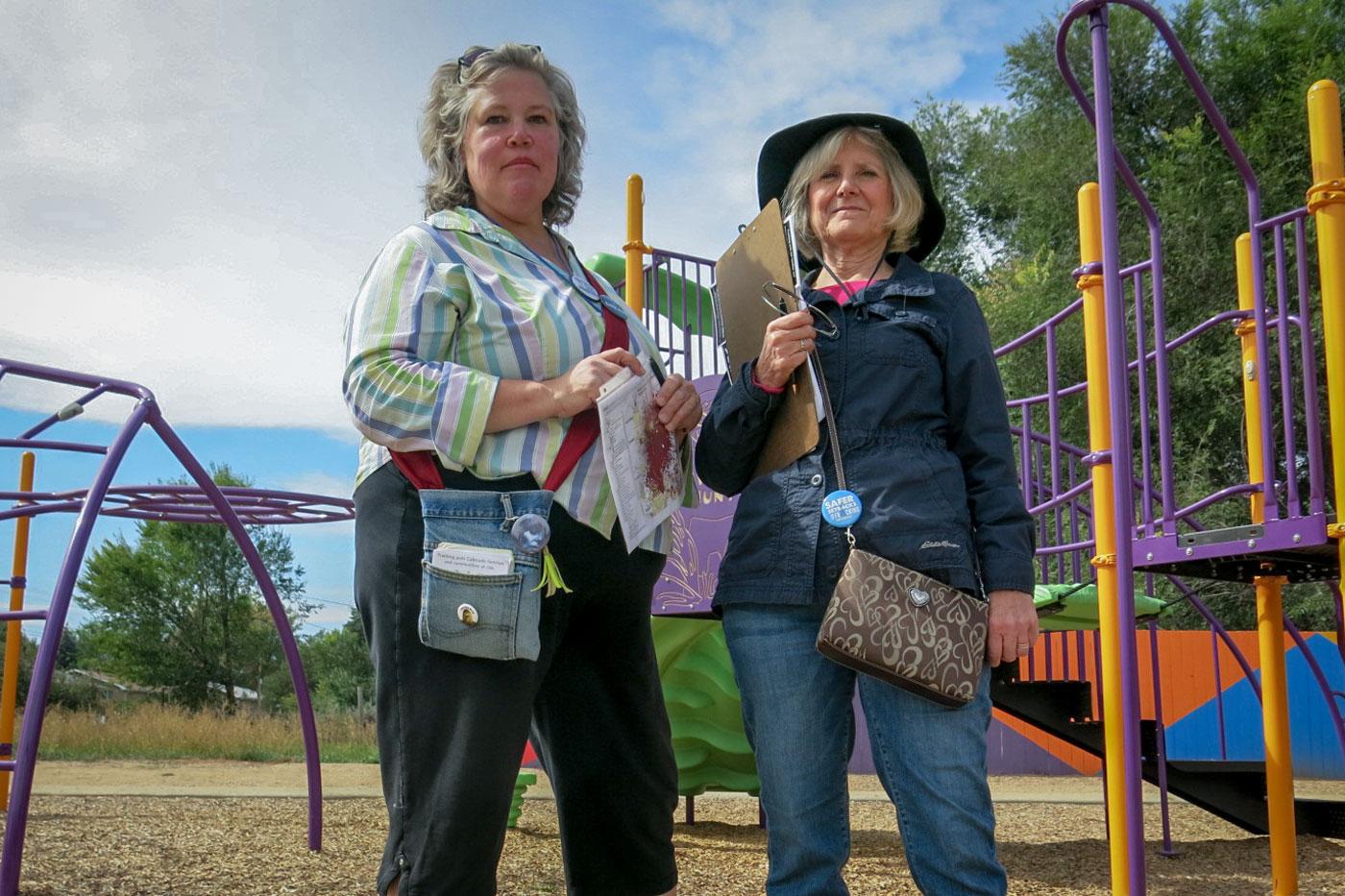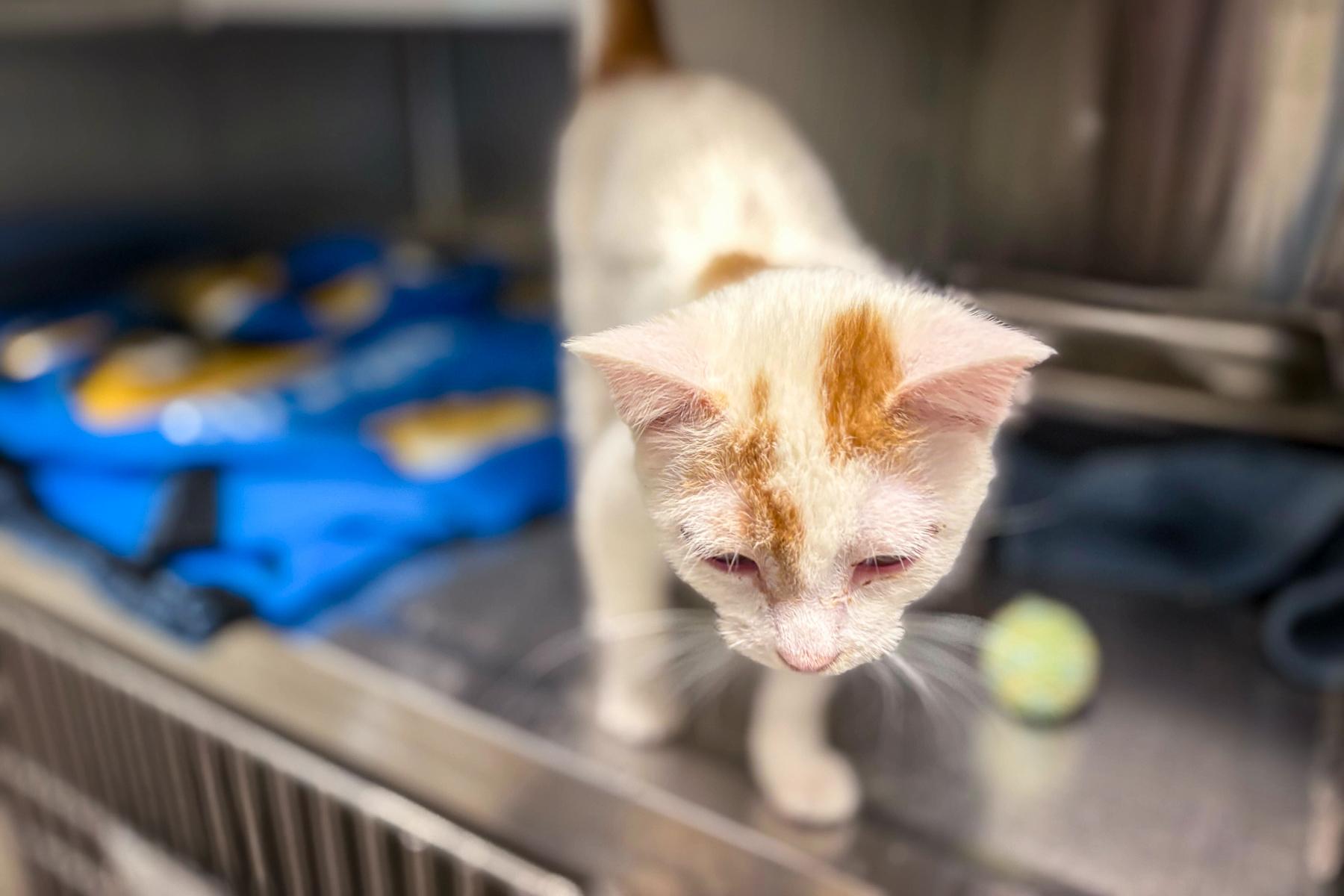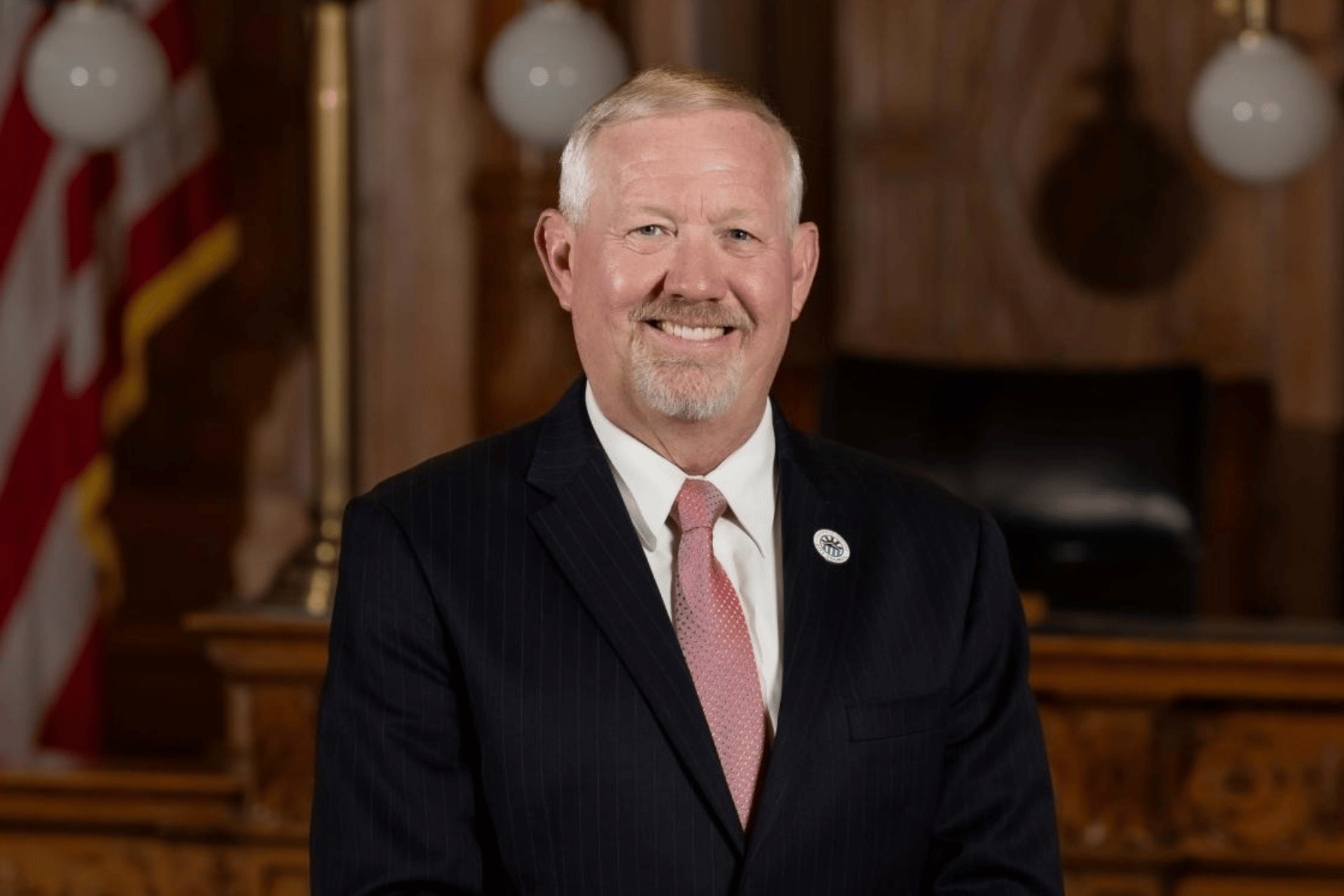

An expensive campaign is shaping up around Proposition 112, a statutory ballot initiative that could increase the distance between wells and homes by fivefold. Voters will decide on the new oil and gas rule in November.
So far the spending is lopsided. With a $30.3 million war chest, the oil and gas industry has raised 42 times more money in 2018 compared to environmental groups.
Colorado Rising, the advocates promoting greater distances for well locations, has a secret weapon they hope will give them the edge against the monetary tide: unpaid volunteers who speak directly to female voters.
Volunteer Therese Gilbert — a Greeley resident, a mom and a 7th-grade teacher — is an activist on a mission.
“This is my little petition bag,” Gilbert said as she pointed to a small denim pouch that holds flyers, a water bottle and pens. She used it to gather hundreds of signatures in support of 112. A pin on the bag says “I Have A Dream.”
In Loveland, located squarely in purple Larimer County, Gilbert walks door to door to talk to voters.
On the doorstep of 31-year-old Democratic voter Susana Ruiz, Gilbert explained how Colorado wells have exploded and burned, putting health and the safety of children and workers at risk. In 2017, an oil tank fire killed one and injured three. A home explosion in Firestone linked to an oil well killed two people and severely injured another.
Gilbert said she gets the most positive responses from grandmothers and mothers like Ruiz. For her part, Ruiz liked the idea of more distance between new wells and her three children.
“If this is going to keep...them away from their schools, obviously I would want my children safe,” Ruiz said.
Proposition 112 covers a lot more than the distance between wells and homes. The half-mile setback would also apply to drinking water sources, rivers, playgrounds and gathering spots like amphitheaters. Right now, the setback distance ranges from 500 to 1,000 feet in Colorado. If voters approve, the new regulation would be the largest setback distance in the country, greater than similar rules in places like North Dakota, Texas and Pennsylvania.
Colorado regulators found that increasing the distance between wells and homes could put as much as 85 percent of land off limits for new wells. But that number may be high. A Colorado School of Mines researcher found about 58 percent of new projects could be curtailed.
Colorado’s oil and gas industry, through spokeswoman Karen Crummy with political interest group Protect Colorado, said the initiative would “essentially wipe out the industry.”
The group is sparing no expense to beat the measure. It spent $5.5 million in September on advertising. Some ads appeal directly to female voters, including a TV ad voiced by a Weld County mom who works in the industry and touts “the benefits of natural gas and great schools. The two go hand in hand.”

Crummy stressed that energy companies pay into two vital state tax streams. In 2017, they paid $496.7 million in property taxes on producing wells to local governments, school districts, and special districts. Between 2012 and 2017, they paid specific oil severance taxes that ranged between $40 million and $265 million.
She also pointed out that the industry is already heavily regulated with some of the most stringent rules in the country.
Those facts were top of mind for Loveland resident Jeff Van Horn, who has surveyed potential drilling sites for years.
“We’re certainly worried about it,” said Van Horn, who stood next to a red-and-white yard sign he got from work that reads, “Jobs matter. Vote no on 112.”
The yard sign didn’t scare off Therese Gilbert as she canvassed the neighborhood.
“What would you do? I’m just curious. What do you think?” Gilbert asked.
Van Horn said that he would “lose hours, the clientele would shrink. So, the competition would be higher.”
When Gilbert asked whether he has another skillset, Van Horn quipped his only other job could be playing bass. “But that doesn’t pay very much,” he laughed.
And with that, Therese GIlbert moved on to find a voter who hasn’t yet made up their mind.
While both Colorado Rising and Protect Colorado have different missions, they do share one goal: They both want to connect with as many undecided voters as they can before Election Day.









